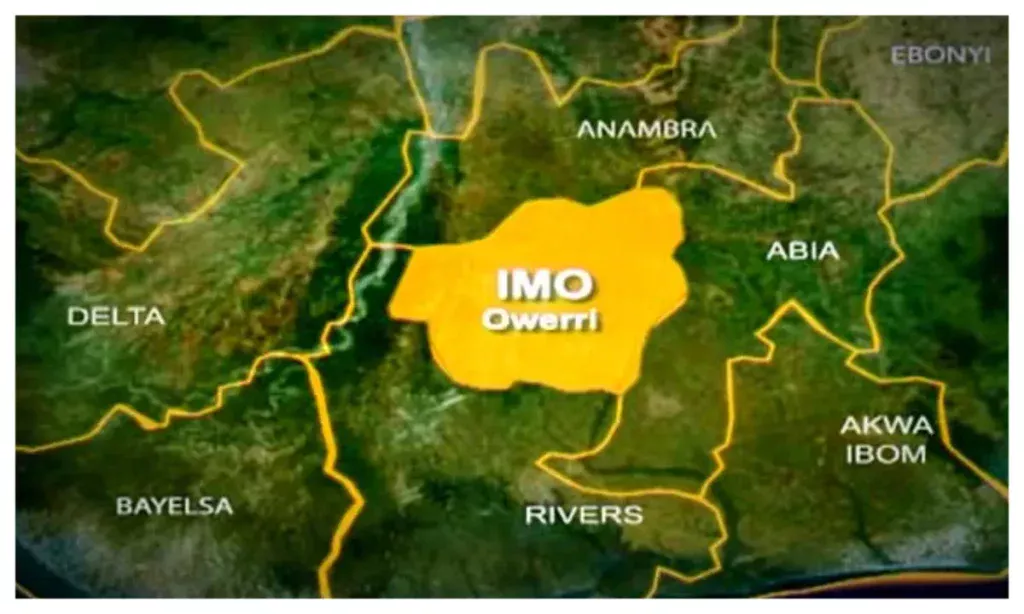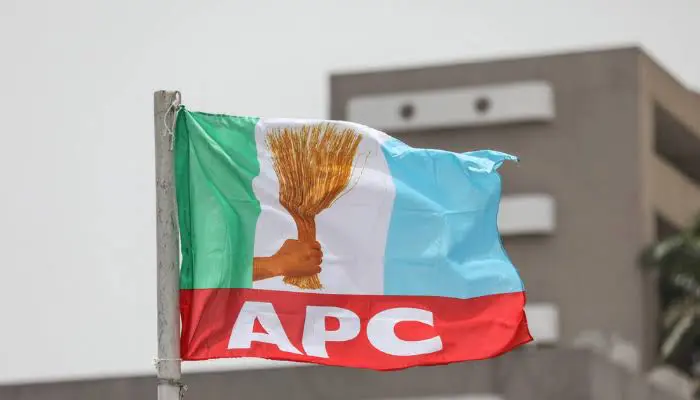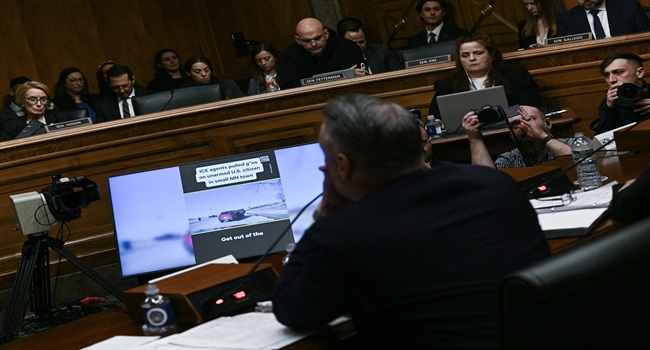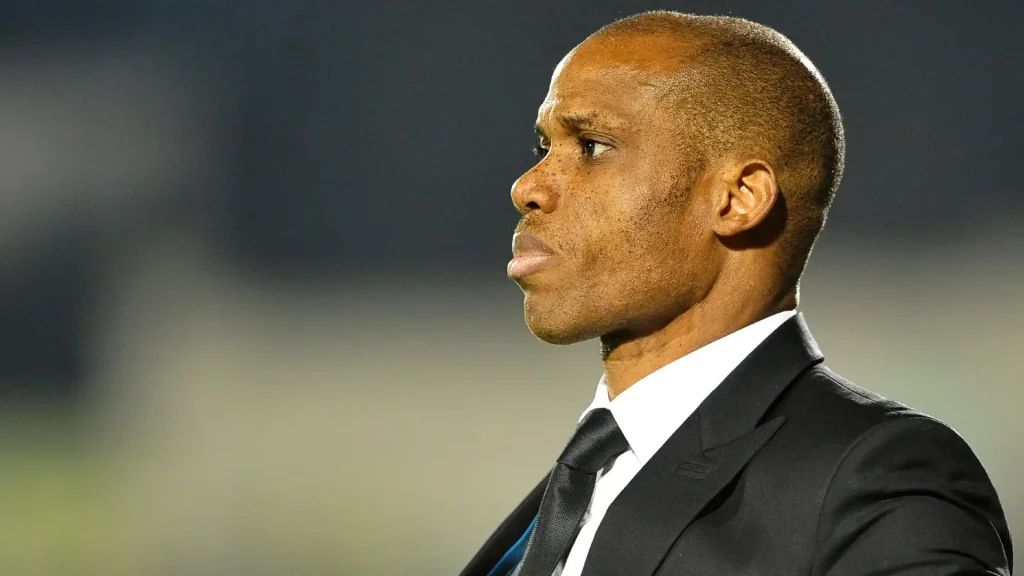The Gauteng health department in South Africa is facing a deepening crisis, with devastating consequences for patients and healthcare workers. Despite court rulings, reports from the health ombud, and evidence from the Auditor-General, the department shows no sign of improvement. The latest example is the failure to provide life-saving treatment to cancer patients, with the department appealing a high court judgment that found this failure unlawful and unconstitutional.
The background to this crisis is dismaying. Prior to recent court rulings, the department had secured a R784 million budget for outsourcing radiation oncology services, but returned the first tranche of R250 million to Treasury unspent. At the time, over 3,000 patients were on a waiting list for treatment, and many have likely lost their lives or seen their chances of survival diminished.
The department’s failure to address the cancer crisis is part of a broader pattern of institutional breakdown and failed leadership in Gauteng’s public healthcare system. This includes the Life Esidimeni tragedy, the assassination of whistleblower Babita Deokaran, and the state’s sluggish response to corruption. The fire at Charlotte Maxeke Johannesburg Academic Hospital and the lack of urgency in restoring services have further underscored the dysfunction.
Corruption is a major factor in the crisis, with estimates suggesting that close to R20 billion has been stolen from the Gauteng health department over the past decade. The department’s annual budget of around R67 billion makes it a prime target for corrupt activities. The failure to pay creditors on time and the accumulation of accruals exceeding R8 billion have added to the department’s woes.
Gauteng Premier Panyaza Lesufi is ultimately responsible for addressing the crisis, as he appoints the province’s MEC for health and the head of the health department. Despite the havoc around them, Lesufi has kept MEC Nomantu Nkomo-Ralehoko and head of department Lesiba Malotana in place. The premier’s inaction is puzzling, given the severe punishment the ANC has faced at the polls and the potential for further electoral decline if the health services continue to decay.
The courts, health ombud, and Auditor-General have all spoken out against the department’s failures, and civil society has protested repeatedly. Doctors and nurses have raised issues through the correct channels, only to be ignored. Expert help has been offered and declined, and whistleblowers have paid with their lives. The situation demands urgent attention and action from Premier Lesufi to address the crisis and restore the public’s trust in the healthcare system.



